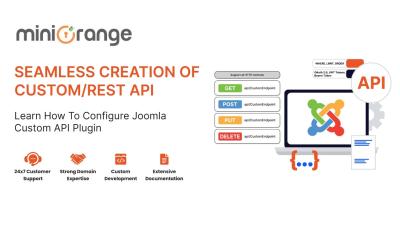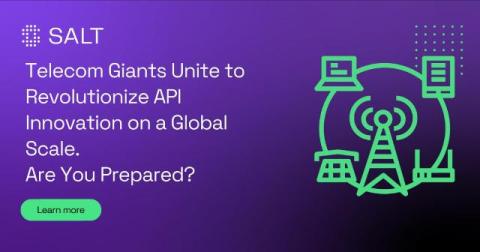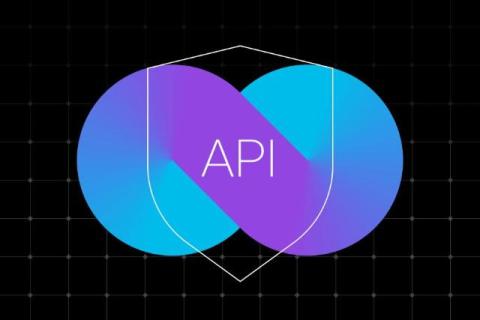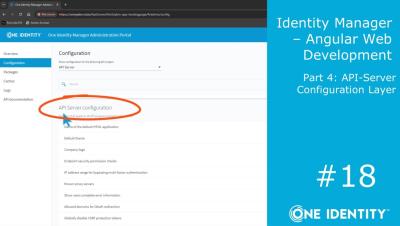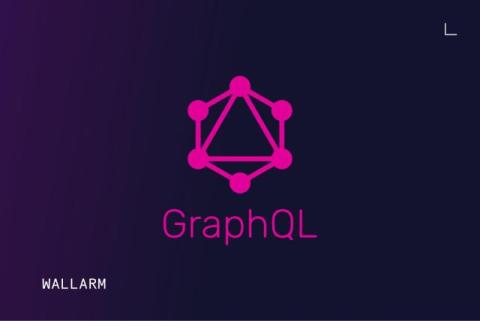How to configure Joomla Custom REST API Plugin
The Joomla Custom API plugin lets you create custom APIs to expand the capabilities of the Joomla CMS (Content Management System). By using these APIs you can expose particular features or data from your Joomla website, allowing external programs or services to communicate with your Joomla website. With the help of the custom endpoints you have developed, this plugin offers a smooth method to work with the Joomla database, enabling you to easily carry out CRUD (Create, Read, Update, and Delete) operations.


